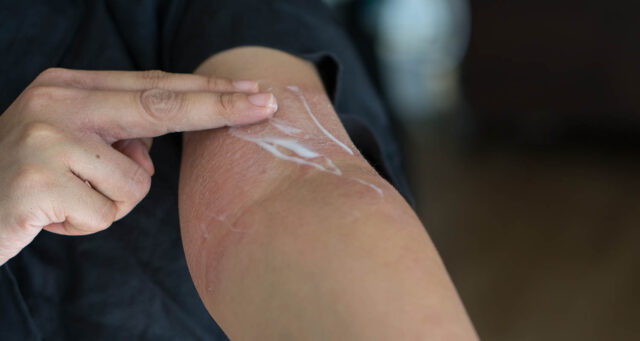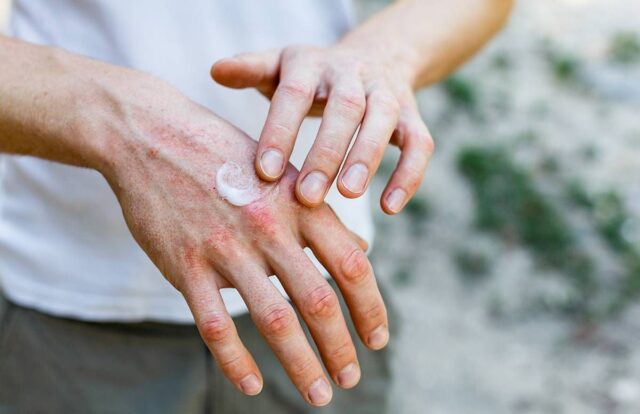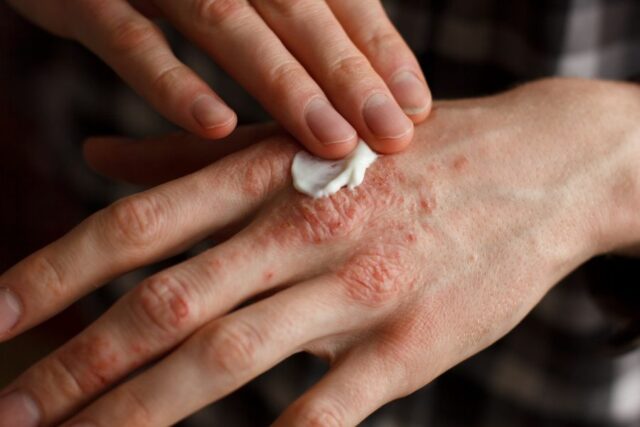
Eczema, a common skin condition, can be uncomfortable and irritating, leading many people to seek relief through the use of topical creams. Powerful eczema creams can provide effective relief, but they also come with risks and side effects that users should be aware of.
Before diving into the potential drawbacks of powerful eczema creams, it’s important to understand what they are and how they work. They are topical treatments that aim to alleviate the symptoms of eczema, such as itching, redness, and inflammation. There are many different types of eczema creams available, including over-the-counter options and prescription-strength ones.

The best kind of eczema cream will depend on the individual’s unique situation and the severity of their eczema. For mild cases, an over-the-counter cream containing hydrocortisone may be sufficient. However, for more severe cases, prescription-strength ones containing stronger steroids may be necessary.
While these creams can be effective, they also come with risks.
- One potential downside of powerful eczema creams is that they can thin the skin with long-term use. This can increase the risk of bruising and tearing, making the skin more vulnerable to injury. In extreme cases, skin thinning can lead to permanent damage.
- Another risk is that they can cause a condition known as steroid-induced rosacea. This condition occurs when steroid creams are used for an extended period of time and can cause redness, bumps, and pimples on the face. In some cases, steroid-induced rosacea can become permanent, leading to lasting skin damage.
- In addition to these risks, they can also cause side effects such as burning, stinging, and itching. These side effects are usually temporary and will subside once the cream is no longer used. However, in some cases, they can be severe enough to require medical attention.
To minimize the risks and side effects associated with powerful eczema creams, it’s important to use them only as directed and for the shortest period of time necessary. It’s also important to discuss any concerns or questions with a healthcare professional before beginning use.
In some cases, alternative treatments may be a better option for managing eczema. For example, some people find relief through the use of natural remedies such as coconut oil or oatmeal baths. Others may benefit from making dietary changes or taking supplements to support skin health.

Ultimately, the best course of action will depend on the individual’s unique situation and the severity of their eczema. It’s important to work with a healthcare professional to develop a personalized treatment plan that addresses the root cause of the condition and provides effective relief.
While powerful eczema creams can be effective at alleviating symptoms, they also come with risks and side effects that should be taken seriously. For some individuals, alternative treatments may be a better option. Whatever the approach, it’s important to prioritize skin health and work with a healthcare professional to develop a treatment plan that meets individual needs. Remember, the best kind of eczema cream is the one that provides effective relief while minimizing risks and side effects.








